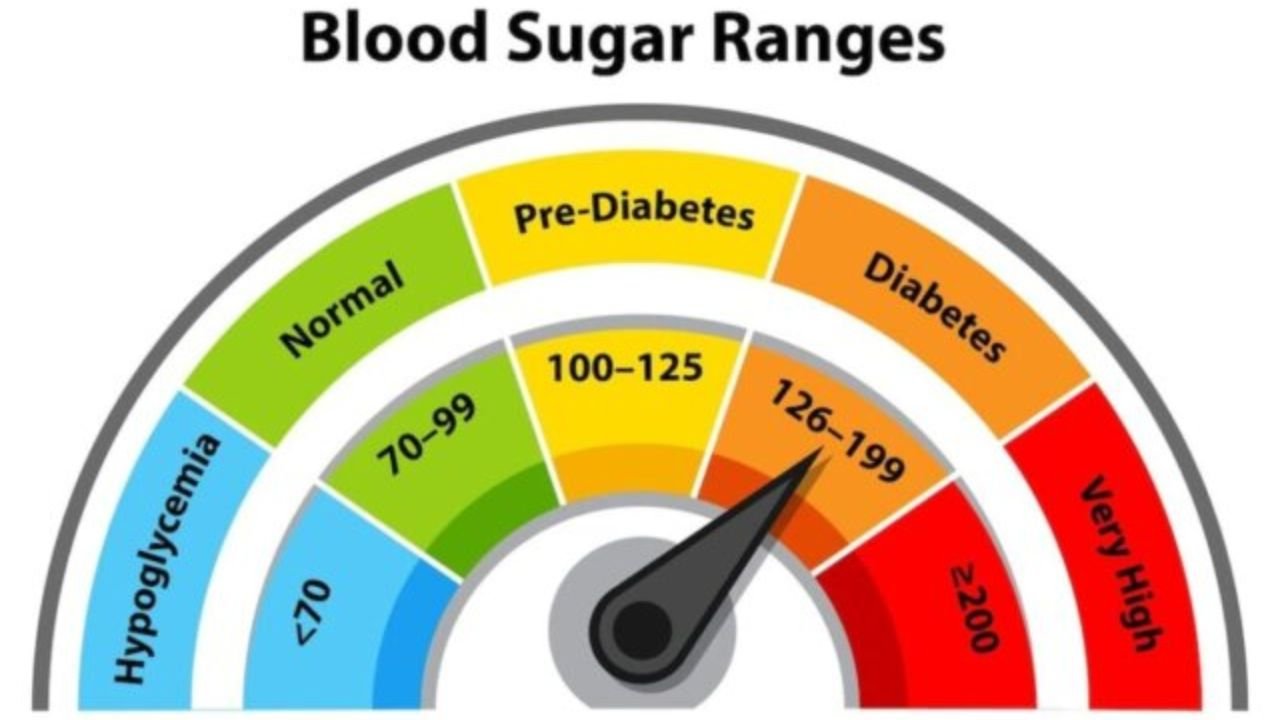The healthcare industry, traditionally known for its cautious and methodical pace of change, is currently undergoing a profound transformation. At the heart of this revolution is Artificial Intelligence (AI), a powerful technology that is moving from the realm of science fiction into the daily reality of clinics, hospitals, and research labs. AI is not about replacing doctors and nurses; it’s about empowering them with intelligent tools to diagnose diseases earlier, personalize treatments more effectively, and make healthcare more accessible and efficient for everyone.
Beyond the Hype: AI as a Powerful Clinical Co-Pilot
At its core, AI in healthcare is about leveraging machine learning models to analyze vast and complex medical data—from patient records and medical images to genomic sequences and clinical trial results—at a scale and speed that is simply impossible for humans. This capability is turning AI into a powerful co-pilot for healthcare professionals, augmenting their expertise and freeing them up to focus on what they do best: providing compassionate patient care.
This shift is creating a demand for a new kind of professional who can bridge the gap between clinical practice and data science. Recognizing this need, many institutions are now offering specialized AI in healthcare courses designed to equip medical professionals, researchers, and technologists with the interdisciplinary skills required to develop and implement these innovative solutions.
Key Areas Where AI is Making a Tangible Impact:
- Medical Imaging and Diagnostics:
- AI algorithms, particularly deep learning models, are proving to be exceptionally skilled at analyzing medical images like X-rays, CT scans, and MRIs. They can detect subtle patterns indicative of diseases like cancer, diabetic retinopathy, or neurological disorders, often at earlier stages and with higher accuracy than the human eye alone. This helps radiologists prioritize critical cases and make more confident diagnoses.
- Drug Discovery and Development:
- The traditional process of discovering and developing new drugs is incredibly slow and expensive. AI is dramatically accelerating this timeline by analyzing biological data to identify potential drug candidates, predict their efficacy, and even design new molecules from scratch. This promises to bring life-saving treatments to patients faster than ever before.
- Personalized Medicine and Treatment Plans:
- Every patient is unique, and AI is helping to move away from one-size-fits-all treatments. By analyzing a patient’s genetic makeup, lifestyle, and specific disease characteristics, AI can help doctors create highly personalized treatment plans, predicting which therapies are most likely to be effective for that individual while minimizing side effects.
- Streamlining Administrative and Operational Tasks:
- A significant portion of healthcare costs and clinician burnout is tied to administrative work. AI is automating tasks like medical record management, appointment scheduling, and insurance claim processing. This operational efficiency allows doctors and nurses to spend less time on paperwork and more time with their patients.
- Predictive Analytics and Public Health:
- AI can analyze large-scale population data to predict disease outbreaks, identify at-risk populations, and optimize public health interventions. This proactive approach is crucial for managing epidemics and improving community health outcomes.
The Human Touch Remains Irreplaceable
It’s crucial to emphasize that AI is a tool, not a replacement for human healthcare professionals. The empathy, critical thinking, and complex decision-making of a doctor or nurse are irreplaceable. AI provides data-driven insights, but it’s the human expert who interprets these insights within the context of the individual patient, communicates with them compassionately, and makes the final clinical decision. The future of healthcare lies in a powerful human-AI collaboration.
Cultivating the Next Generation of Healthcare Innovators
As AI becomes more integrated into clinical workflows, the need for professionals who understand both medicine and machine learning will continue to surge. For those looking to lead in this transformative field, pursuing an advanced AI in healthcare course can be a strategic career move. These programs delve into the technical aspects of building and validating medical AI models, as well as the critical ethical, regulatory, and privacy considerations involved, preparing graduates to be responsible innovators in this high-stakes environment.
Conclusion: A Healthier, More Intelligent Future
Artificial Intelligence is not just a technological upgrade for the healthcare sector; it’s a fundamental shift towards a more predictive, personalized, and efficient model of care. By empowering clinicians with intelligent tools, accelerating research, and streamlining operations, AI is paving the way for a future where diseases are detected earlier, treatments are more effective, and high-quality healthcare is more accessible to all. The journey is just beginning, but the promise of a healthier, AI-powered tomorrow is already within our grasp.



